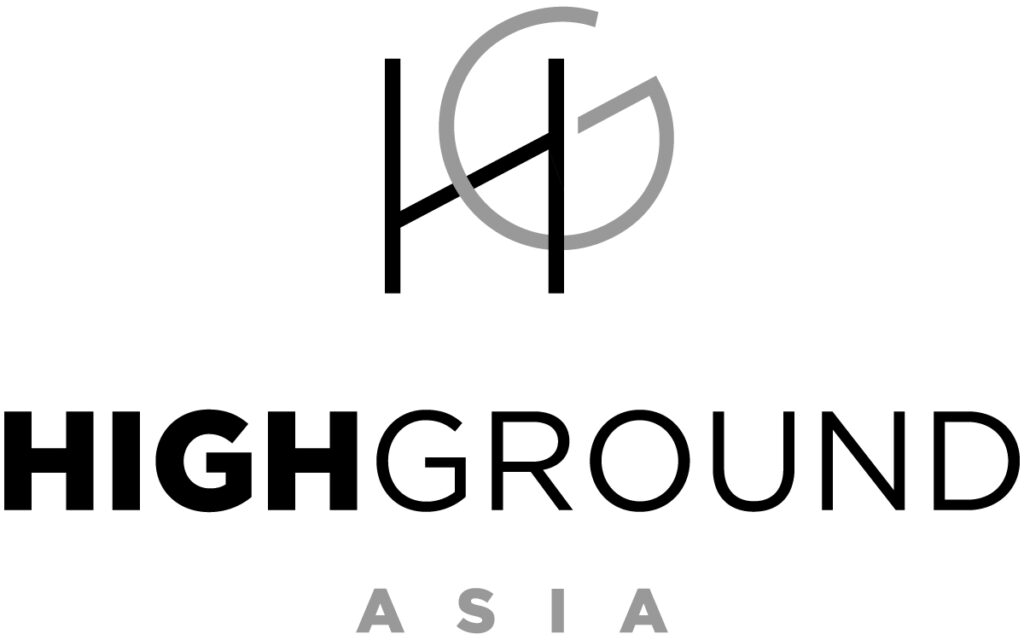SEO Glossary
Welcome to the world of SEO glossary! SEO, or Search Engine Optimization, is the process of improving the visibility and ranking of a website in search engine results pages (SERPs).
One important aspect of SEO is understanding the lingo and terminology used in the industry. That’s where an SEO glossary comes in handy. It’s a reference guide that explains the meanings of common terms and phrases used in SEO. Whether you’re a beginner or a seasoned pro, an SEO glossary can help you navigate the complex and ever-evolving world of search engine optimization. So let’s dive in and learn some of the key terms that every SEO professional should know!

